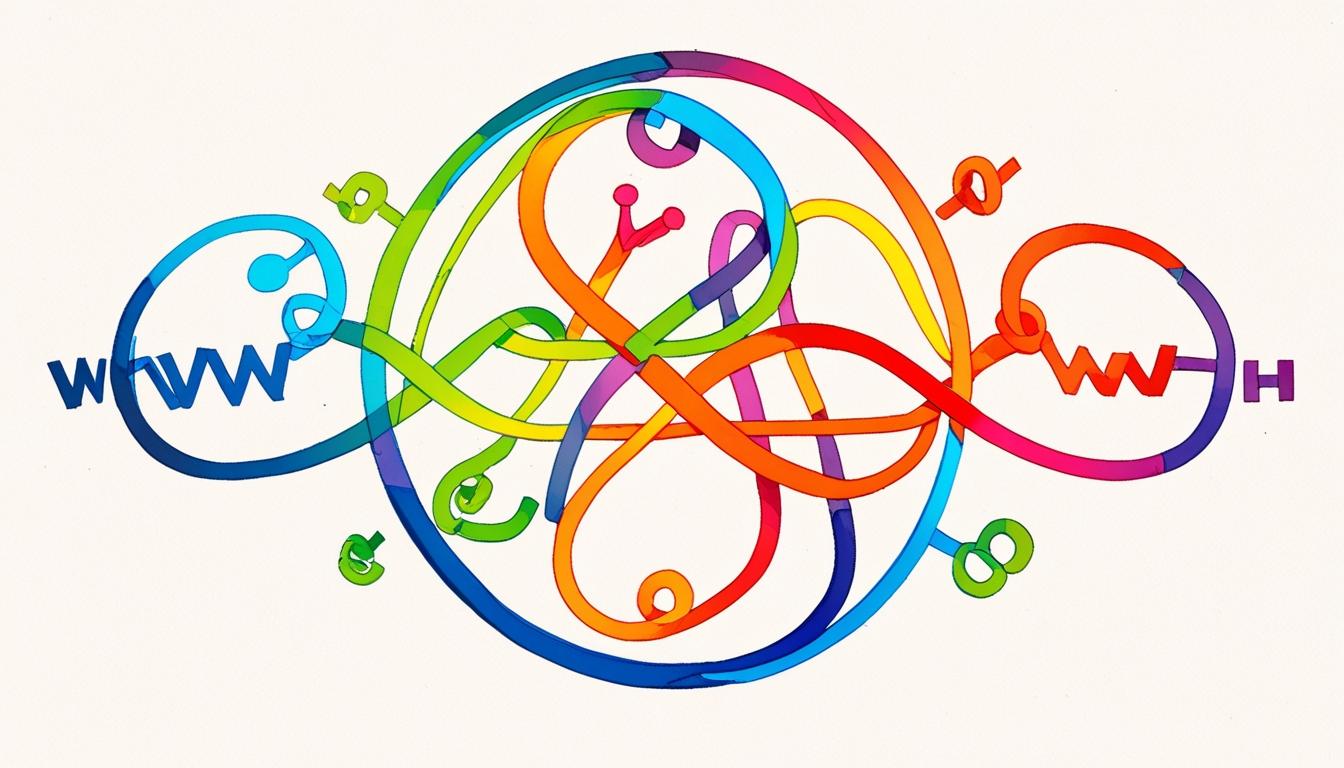Weight Watchers, a prominent player in the weight loss and wellness industry, has officially filed for bankruptcy, reporting a significant decline in sign-ups and an evolving consumer landscape as key factors contributing to its financial struggles. The company's troubles have been exacerbated by the rising popularity of GLP-1 medications such as Ozempic and Wegovy, which have changed the weight loss conversation to focus on pharmacological solutions rather than traditional dieting methods.
In a notable shift, Weight Watchers has entered the telehealth space, acquiring Sequence, which allows the brand to provide access to GLP-1 drugs. This strategic pivot signifies a departure from its original model, which centred on community support, behavioural modifications, and personal discipline—principles that established the brand's identity over the years. The company’s rebranding efforts included dropping the term “dieting” in favour of “wellness” and exploring new marketing avenues, including partnerships with celebrities and digital innovations like an app and AI coaching.
Oprah Winfrey, a long-time supporter of Weight Watchers, also distanced herself by stepping down from the company's board in February and donating her shares. Winfrey had once embodied the Weight Watchers ethos, illustrating the success of transformation through a disciplined mindset. However, with her own transition to using GLP-1 medication, the brand has had to contend with the question of what value remains when even its high-profile advocates turn to pharmaceutical solutions.
In the wake of these developments, the implications for wellness brands extend beyond Weight Watchers. Many companies have begun to face similar challenges in adapting to a cultural landscape that increasingly prioritises quick results over community and narrative-driven support. Brands like Peloton, Jenny Craig, and Nutrisystem have experienced varying degrees of pressure to reassess their market position in light of the new pharmaceutical alternatives.
Peloton, once viewed as a leader in connected fitness, struggled to maintain its momentum as pandemic restrictions eased. The brand’s attempts to redefine itself have led to questions about its core identity—whether it is primarily a tech company or a subscription-based fitness provider. Similarly, Jenny Craig abruptly shut down in 2023, unable to compete with the streamlined appeal of GLP-1 offerings. Its established structure of in-person support and portioned meals became a liability in a marketplace that favoured simplicity and accessibility.
Nutrisystem continues to operate but has quietly retreated from the forefront, with its traditional model of calorie-managed meals losing traction amidst rising competition from grocery delivery and influencer-led nutrition. The brand’s challenges exemplify a broader theme, where historic identity is overshadowed by changing consumer preferences.
Further illustrating this trend, beauty brand Revlon filed for bankruptcy in 2022, hindered by an inability to resonate with a new generation of consumers seeking authentic and inclusive products. Whilst it attempted to modernise its image, Revlon found itself disconnected from evolving cultural norms. Meanwhile, fashion retailer J.Crew, once synonymous with aspirational style, has grappled with a rapidly shifting market, struggling to define its appeal amid fierce competition and changing consumer habits.
As the wellness sector contemplates the future, the emergence of GLP-1 medications has fundamentally reshaped several longstanding assumptions about identity and transformation. The question facing many brands is not simply how to adapt operationally, but how to redefine value when the emotional and narrative elements of self-improvement may no longer be central to consumer needs. The landscape ahead presents both challenges and opportunities as wellness brands seek to navigate a path forward in an era where belief and community may be seen as optional, rather than essential components of the consumer experience.
Source: Noah Wire Services
